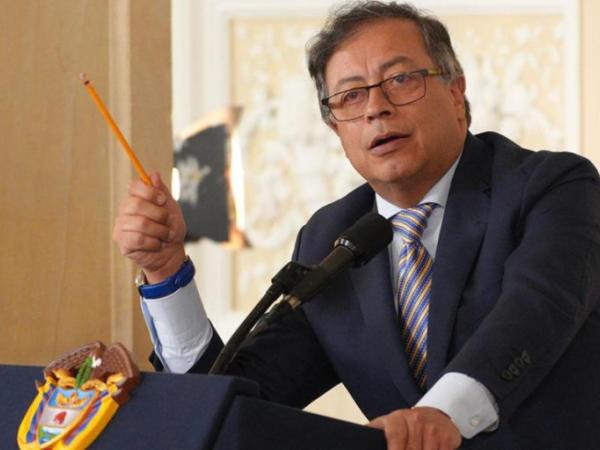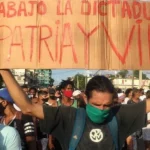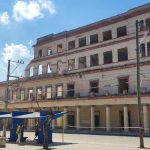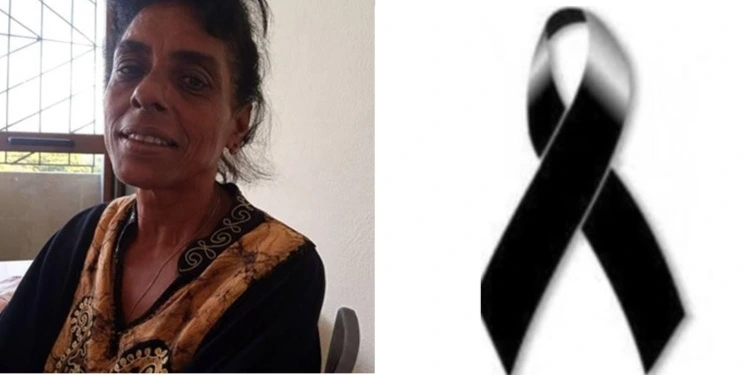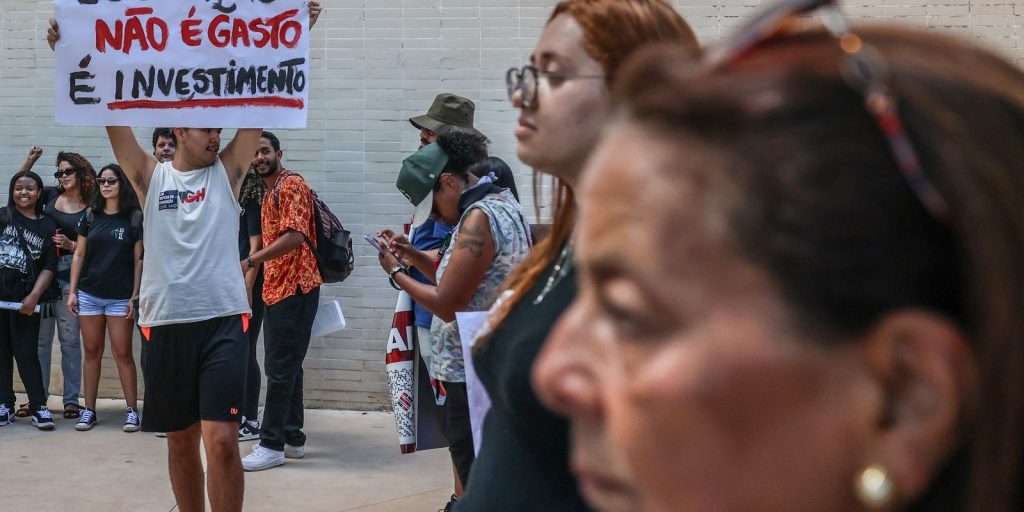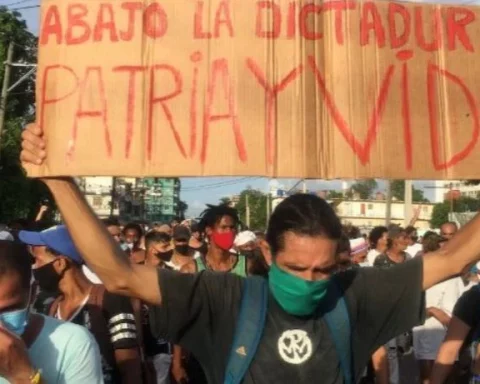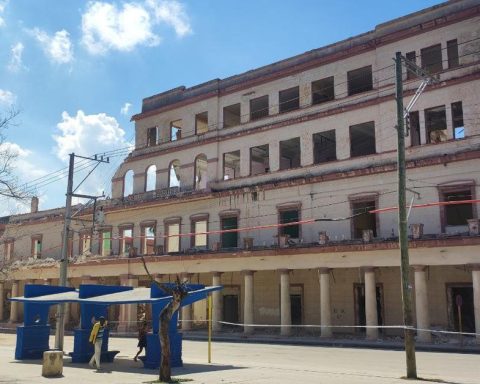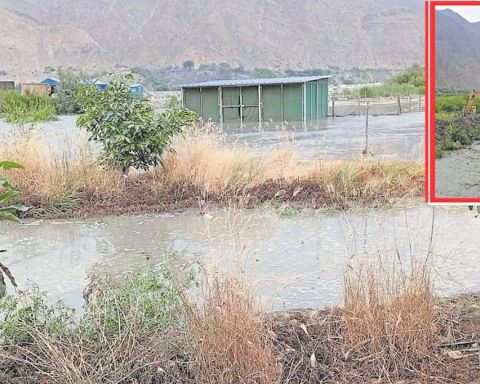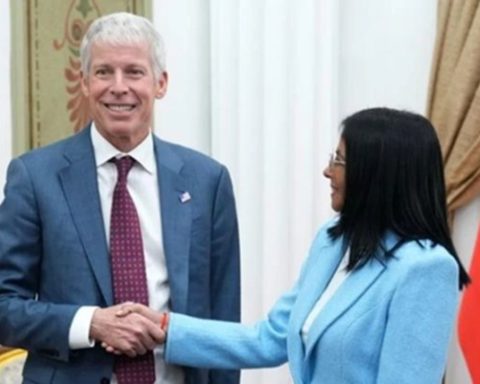President Gustavo Petro showed his support for the reform of the General Participation System (SGP). Through your X account, The president explained the reasons why he supports the bill which seeks to increase the resources allocated to the departments, districts and municipalities through this mechanism.
(Read more: The seven agreements that unblocked the path to reform of the transfer system)
“I have made the decision to support the constitutional reform project that Congress advances to the General Participation System, that is, the Nation’s money that goes to the municipalities”said President Petro, in response to a publication by Senator Paloma Valencia, in which she explained her objections to the proposal.
The first point that the president highlights is that the increase in current income transfers must be equal. Although he speaks in his trill of a step from 26% to 46%, a new agreement has already been reached so that the increase is only up to 39.5%.
The head of state also mentioned that the initiative must be subject to a law of powers for the municipalities, that is, that powers that the Nation previously carried out with its resources are transferredwhich does not increase the fiscal deficit.
(Read more: GSP reform: transfers will rise to 39.5% and more modifications made to the project)
I have made the decision to support the constitutional reform project that Congress advances the general participation system, that is, the nation’s money that goes to the municipalities under the following conditions:
1. The increase from 26 to 46% in current income… https://t.co/GdHXLeKyDb
— Gustavo Petro (@petrogustavo) October 28, 2024
(See: Raise transfers to 35% in 10 years, new proposal for the SGP reform)
Another of the conditions under which the project should be processed is that the distribution formula in the powers law must close gaps between regions and, therefore, it must privilege the most excluded to achieve peace.
Furthermore, President Petro highlighted that “the increase in competencies in health must cover the entire primary health system for the municipalities, in education it must contemplate three years of preschool education, the single day, the two years of free higher education in secondary schools.”
Finally, he indicated that citizens have a greater challenge in initiating a greater flow of resources to the regions. In that sense, he highlighted that “A more united and organized citizenry is needed to make the leap in decentralization become a leap in depth of local democracy.”
(See: Constitutional reform for autonomy: progress or fiscal risk for Colombia?)
PORTFOLIO
